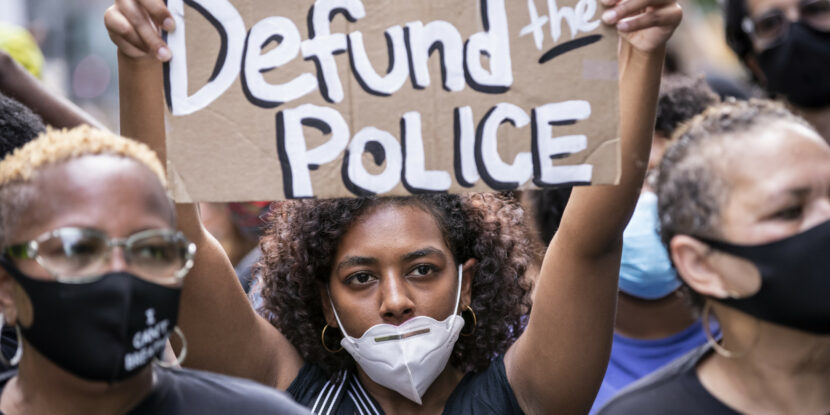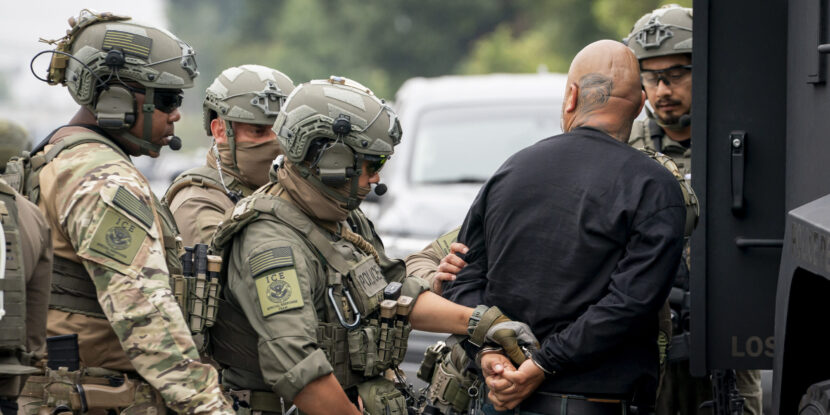“At least” 521 U.S. towns or cities have disbanded their police forces since 1972, according to Rice University Professor of Economics Richard T. Boylan, with the Associated Press (AP) claiming that “[g]enerally, crime rates were unchanged in towns that dropped their departments,” and arguing “[l]eaders of several towns said they’ve been happy with the change.”
But the Rice University study also states that when local police departments are disbanded it “…reduces the available information about cities’ crimes” making accurate reporting difficult. While crime rates may appear unchanged, the data itself is less reliable than prior to departmental closures.
Additionally, the study found that: “…disbanding police departments is associated with an increase in county sheriffs spending which offsets the city savings.”
“In the past two years, at least 12 small towns have dissolved their departments,” the AP reports, with Goodhue County (MN) Sheriff Marty Kelly calling the subject “scary,” and adding: “We are robbing Peter to pay Paul. And we’re not alone.”
At the heart of the problem is the exodus from law enforcement. Officer resignations were up 47% last year compared to 2019 — the year before the pandemic and Floyd’s killing — and retirements are up 19%. That’s all according to a survey of nearly 200 police agencies by the Police Executive Research Forum, a Washington, DC.-based think tank.
While anti-police activists and the corporate media champions such changes, residents aren’t as keen.
Ron Goebel, a retired accountant in Goodhue, told the AP: “People can kind of watch out for each other a little bit. We pretty much know our neighbors… [but as] you lose your schools, you lose your businesses and you lose your police force, how much longer can the town actually be viable as a town?”




















